Dialogue Fang Li and Li Yu: Why is their cooperation always controversial?
Special feature of 1905 film network In the movie, Nanfeng, Ding Bo, and Soap are free and chic. In the movie, Qu Ting took Shuiqing and his party and drove the car to the old tunnel, which was also free at that moment.
These two scenes in the two films are the insistence of the producer, and they also make some painful youth shadows in the films free and easy for a moment.
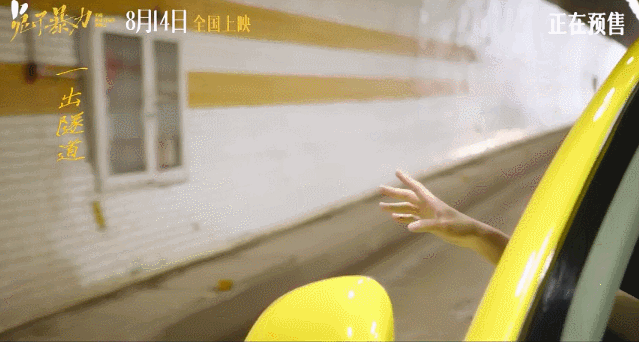
From Guanyin Mountain to Rabbit Violence, there are two different stories, but the same southern cities endow them with similar temperament. Fang Li was the original producer, but he changed from "director" to "producer" to escort this debut "Rabbit Violence".
hot potato—a troublesome issue or situation that is awkward or unpleasant to deal with
"I trust director Li Yu’s taste and film aesthetics. She warned me in advance that the script of Rabbit Violence may be a big project. And I still have to represent the company and meet with director Shen Yu. " After the first meeting, Fang Li told Li Yu, "You brought back a hot potato."
In the face of our interview, the two partners who have cooperated for a long time fell into an "argument" about the cause of the story. Fang Li has a good memory, recalling things five years ago more clearly than Li Yu, who "brought his works back to Laurie Film".
In 2016, Shen Yu participated in the first "Green Project" of China Directors Association with "Rabbit Violence" and became one of the top five. As the instructor of the training camp at that time, Li Yu finally chose to incubate this feature film project.
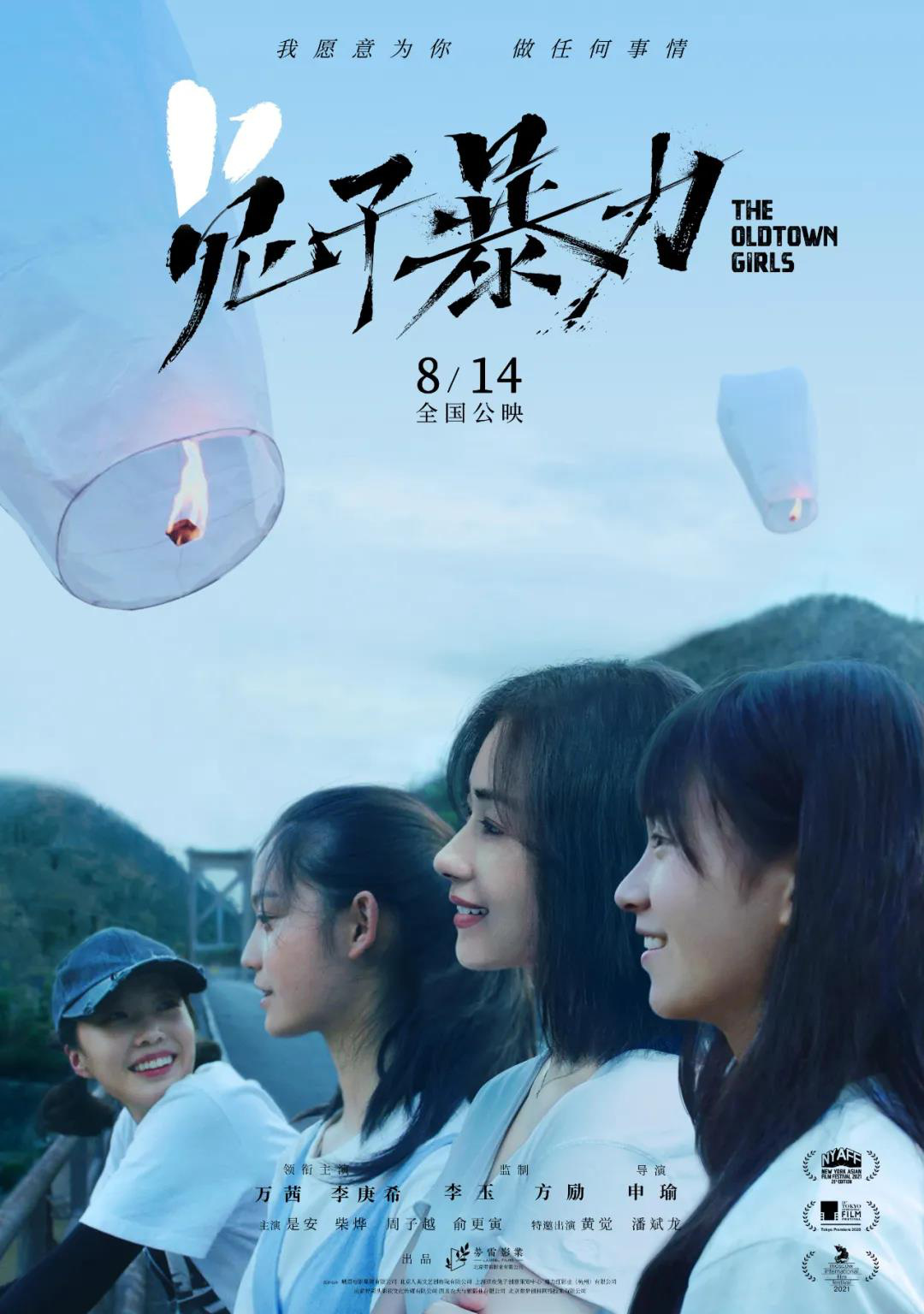
Li Yu’s reason for choosing it is very simple. This project is unique. "It is because I am too eager for love that there will be such a mother-daughter relationship." The story is not mature, just like buying a lot of delicious raw materials in the vegetable market, but not making a table of delicious food.
When I first met Shen Yu, Fang Li was still busy with the promotion of the script. He agreed with his partner’s recognition of the script. "They are all good materials, but there are too many contents." Fang Li and Shen Yu said that if she was willing to trust director Li Yu and Laurie Film, everyone would develop the script from scratch. The conversation between the two was in the office of Laurie Film, which had not been renovated at that time. Fang Li showed Shen Yu all the chips in his hand as much as possible.
It took Shen Yu and Fang Li a month to invite another screenwriter to adjust the existing content. By the time the first collective meeting really took place, Fang Li and Li Yu saw the new version of the script and both felt "like something".
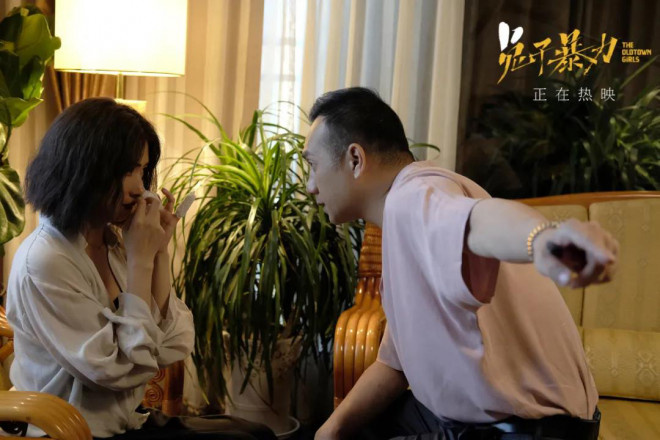
Fang Li has a habit of never being the first to speak in meetings, and always waiting until the end to make a summary for everyone. Li Yu teased him just to listen to what everyone said. Fang Li said frankly that this would not make everyone think that his producer was too strong.
At the end of the meeting that day, the film has two clear directions to do, but the most important point is still the mother-daughter relationship between Shui Qing and Qu Ting. With the core, branches will be established for the works. Fang Li held numerous planning meetings with Shen Yu and Qiu Yujie before and after, and had many in-depth studies on each character, but the two screenwriters never mastered the role of Qu Ting.
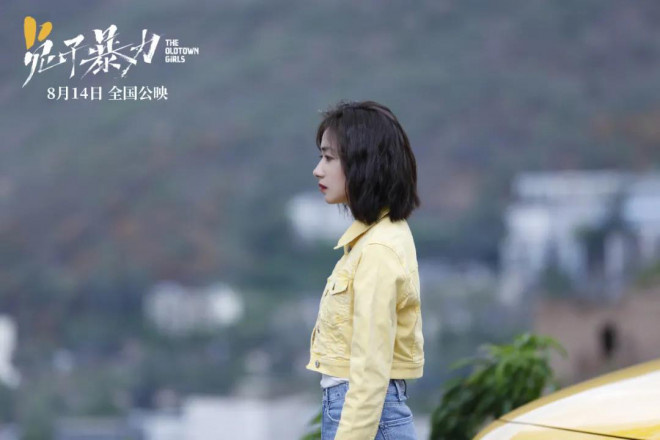
"I stopped this project in 2018." Fang Li may have been a little anxious at that time, just to make the work present in a better form. Li Yu eased everyone’s emotions. "Before shooting in 2019, we were actually changing the script."
During the suspension of the project, Fang Li asked two screenwriters to go to Panzhihua City to collect wind. Let the city participate in the story of the film, which is also the place where Li Yu is most convinced of this "old Jianghu" partner. At the beginning, the location in Guanyin Mountain was also the credit of Fang Li.
two-way selection
"Don’t you think I chose it from so many scripts, which is my hobby in itself?" The core of "Guanyin Mountain" and "Rabbit Violence" is family of origin’s pain, and Li Yu is also hit hard.
Men are ambiguous in Li Yu’s films. They are the perpetrators, the makers of difficulties and the bystanders when the injuries occur. Li Yu admitted in an interview many years ago that many unfortunate stories were indeed filmed in the past. In the movie Guanyin Mountain, the south got on the train and bid farewell to the past, as if Li Yu had jumped on the train bound for Beijing.
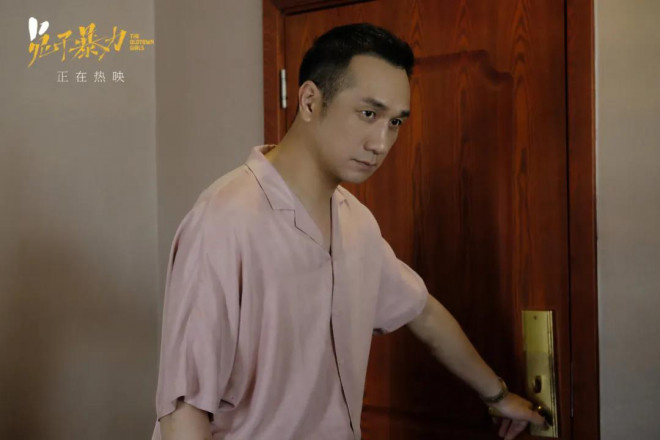
The same is true of Rabbit Violence.
In the middle of the creation of the work, occasionally someone in the team made a sound similar to the two films. Fang Li seems to be otherwise, perhaps just referring to the similarity between the shooting scene and the shooting style. However, with the deepening of the topic and careful consideration, he also has to admit that the starting points of the two stories are similar, and both have a sense of loss belonging to an era.
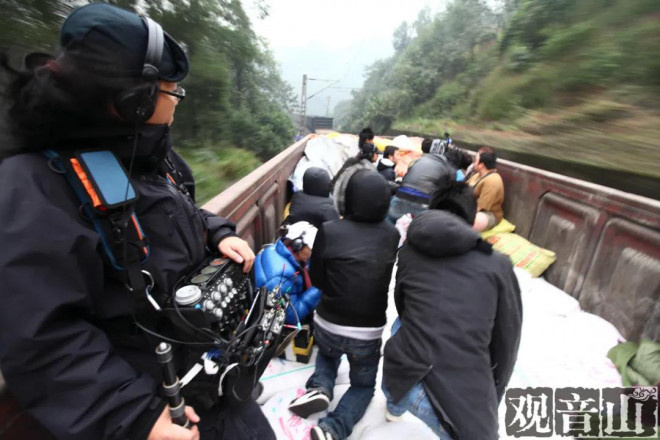
"Because you and Shen Yu have both experienced the pain of family of origin, they have a common language." Fang Li finally exposed the thin shirt between them. "So I’m still filming myself at the end of filming, and I see myself." Li Yu answered thoughtfully.
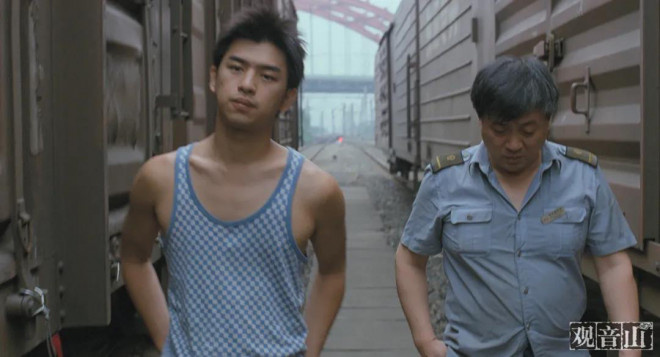
Perhaps Shen Yu chose Li Yu from the beginning. One day, when they were chatting, Shen Yu told each other that they met for the first time not on the "Green Project", but at the celebration reception of Guanyin Mountain. At that time, Shen Yu’s husband was a member of the film photography team. She had read the script before. "She told me that just reading the script made me feel that there could still be such a script. After watching the film, I liked it very much."
"Shen Yu may like such movies from his bones." Perhaps it is the fate of two-way choice that makes Shen Yu willing to give more time to Fang Li and Li Yu.
Black face, white face
"In order to avoid quarreling, we also divided the work in advance." Li Yu teased. Perhaps in the face of these two partners, quarreling has long been commonplace.
Fang Li put forward a lot of ideas on the script, even involving the structure and details of the film. "The old tunnel was my advice, and the only thing that didn’t listen to me was that there was no time, that is, the last scene on the river beach, which I wanted to do under Ertan Hydropower Station." Fang Li has some minor regrets about this plot. Li Yu also admitted that the story presented in that way would be very different from now.
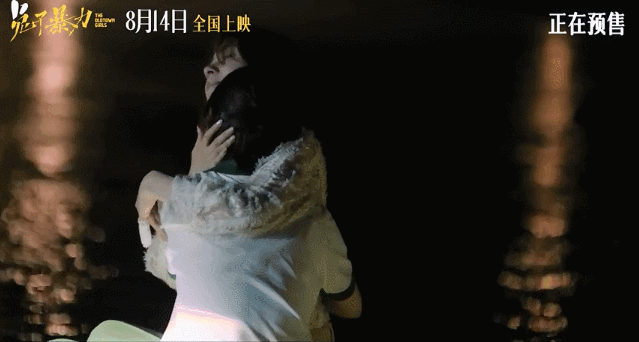
Li Yu put more emphasis on training actors. This time, from the director’s point of view, she seems to be able to better sympathize with the director’s own position. As a woman, supporting the work of a female director will also attract attention to the sense of boundary.
"We are just a bad COP and a bad COP." Li Yu pointed to Fang Li, indicating that he played a "villain" role in the whole communication.
Fang Li hurried to "make amends". "I won’t say bad words either. It’s not rude for me to play bad COP, but I will insist. I will keep talking about it and never give in."
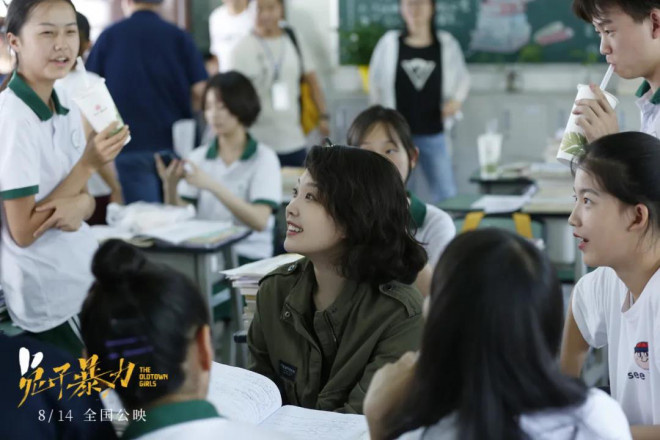
The soundtrack of "Rabbit Violence" is the longest confrontation between Shen Yu and Fang Li. At first, the soundtrack that Shen Yu found someone to do could not convince Fang Li. Even in his view, this is not movie music. "It has no time and space, only people are not involved in the narrative."
Relying on human feelings, Fang Li found Peyman Yazdanian, who had cooperated for many years. The master of royal score in Abbas, movie master, Iran, quickly created a piece of music for the beginning. After reading this version of the soundtrack, Shen Yucai finally said, "So these things are right."
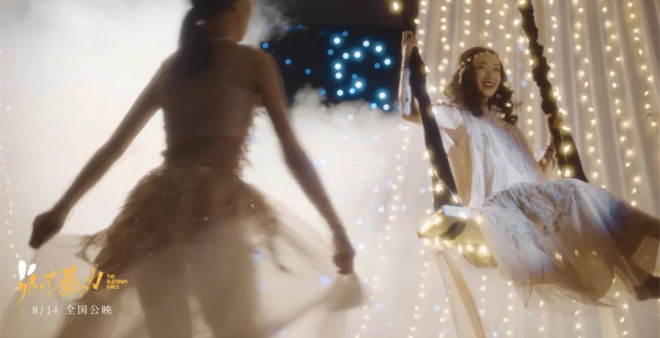
Whenever Shen Yu is deadlocked with Fang Li, she usually goes to find Li Yu. Li Yu understands that these problems are all necessary for new directors, and it is impossible for her to help her shoot with her hands, so she can only chat with her. In addition to "Rabbit Violence", the same is true of another film produced by Fang Li and Li Yu. "I will try my best to establish the authority of the director. I think both impulsiveness and listening are things that a newcomer should have."
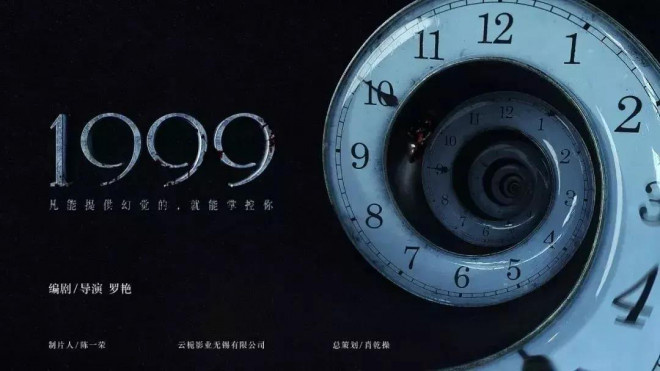
"But it is also right for the director to insist. We will not cooperate with a director who does not insist, nor will we cooperate with a director who is not willful." Even during the interview, Li Yu will still be a "white face" inertia.
Seek resonance
Li Yu "spit" Fang Li, "The first movie I worked with you, you took care of the script and nothing else." Hearing this "accusation", Fang Li got angry and turned over the old scores. "Why didn’t you care? After the music came out, you scolded me."
As soon as the first cut came out, Fang Li found a composer to score music, and all of them were rejected by Li Yu in the end. "I had already paid the money at that time, but there was something wrong with what the other party did."

From the relationship between the director and the producer, to the identity of "double producer", the two seem to have found the state of doing "Beauty". Especially in the face of Shen Yu, the same female director, there is a tacit understanding of the emotions shared by filmmakers. "But her character will be stronger at that time." Fang Li pointed to Li Yu and began to "complain" directly. "My coffee table was kicked over and my computer was dropped during editing."
Anyone familiar with these two people knows that from "Beauty" to now, every project will be noisy, but just solve the problem after the quarrel. As Fang Li himself said, he is not strong. Everything is put on the table for discussion, and he usually respects everyone’s opinions in the end.
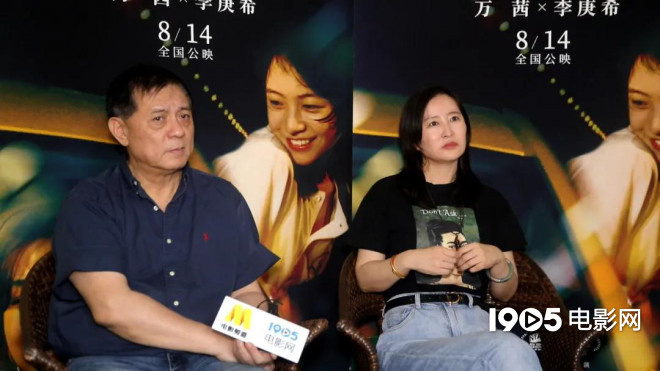
Li Yu completed the script creation from the female perspective, while Fang Li intervened from the male perspective, and used her many years of "Jianghu" experience to show a bigger pattern as much as possible.
Li Yuhe Fang Li usually holds 50% of the right to speak, just to see who can convince who in the end. However, the charm of movies is often produced in repeated seesaw collisions. Fang Li has worked with many directors, including Li Yu, Li Yu, and even Li Yu. However, among these directors, only Li Yu has maintained a cooperative relationship for 16 years, and even established Li Yu’s director studio in Laurie Film.
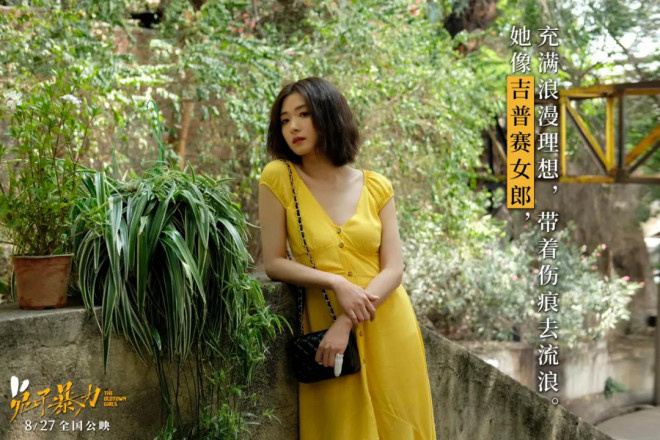
Including the co-producer "Rabbit Violence", seven films have been shown to the audience. Guanyin Mountain has always been recognized by the outside world as a work of the best quality, and Fang Li and Li Yu also understand it. But "Rabbit Violence" has never been a copy, and Fang Li is not interested in doing such a thing. Even in Fang Li’s own dimension, the most satisfactory work is not Guanyin Mountain.
But is it important? He is very calm.
In his view, the final appearance of each film is the result of the feelings of every behind-the-scenes staff in the creative process. Movies are culture and art, which will not only serve the current audience, but also be passed down. Maybe the audience will have a new interpretation when they watch them again in the future.
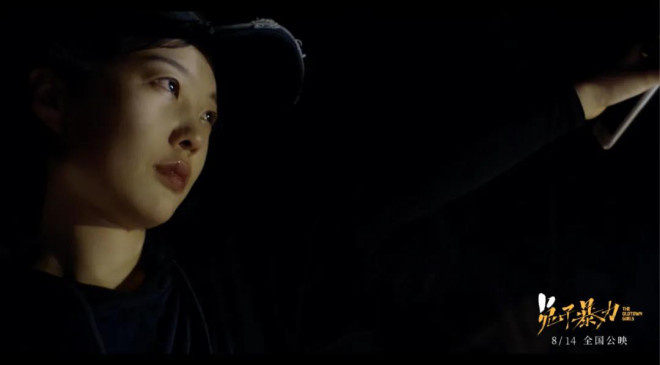
After nearly 20 years of ups and downs, his initial intention of making movies has not changed, that is, he can find people who have a strong resonance with his creative ideas. He understands that this kind of "resonance" is usually a minority, but it doesn’t matter, as long as it is found.
To the future.
In Guanyin Mountain, ask the monk, what is the future? The monk said, "No life and no death is the best future, and people should not be lonely forever." After listening, a complex expression appeared on her face. The next day, she waved goodbye to the group of young people at a distance. The monk said that she put it down.
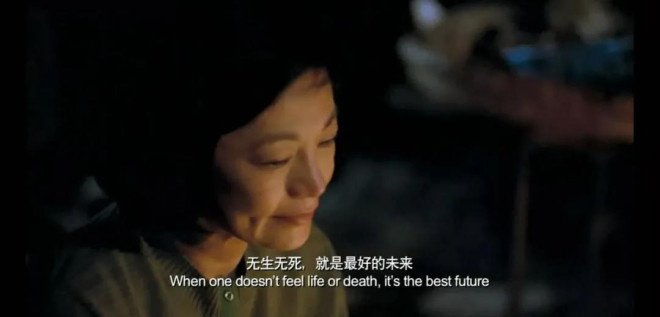
At the end of the interview, we asked Fang Li, it seems that word-of-mouth and box office have been controversial in making movies in recent years. Will there be some regrets? In an early interview, Fang Li once said that he had been using the money earned by technology companies to supplement the film. However, as the market changes, we will still be curious about whether the mentality of the producer has changed.
He gave what he said six years ago, "I make movies for myself, for the current audience and for the future audience."
"What about director Li Yu?"
"Our ideas are the same, so we can cooperate for so many years."